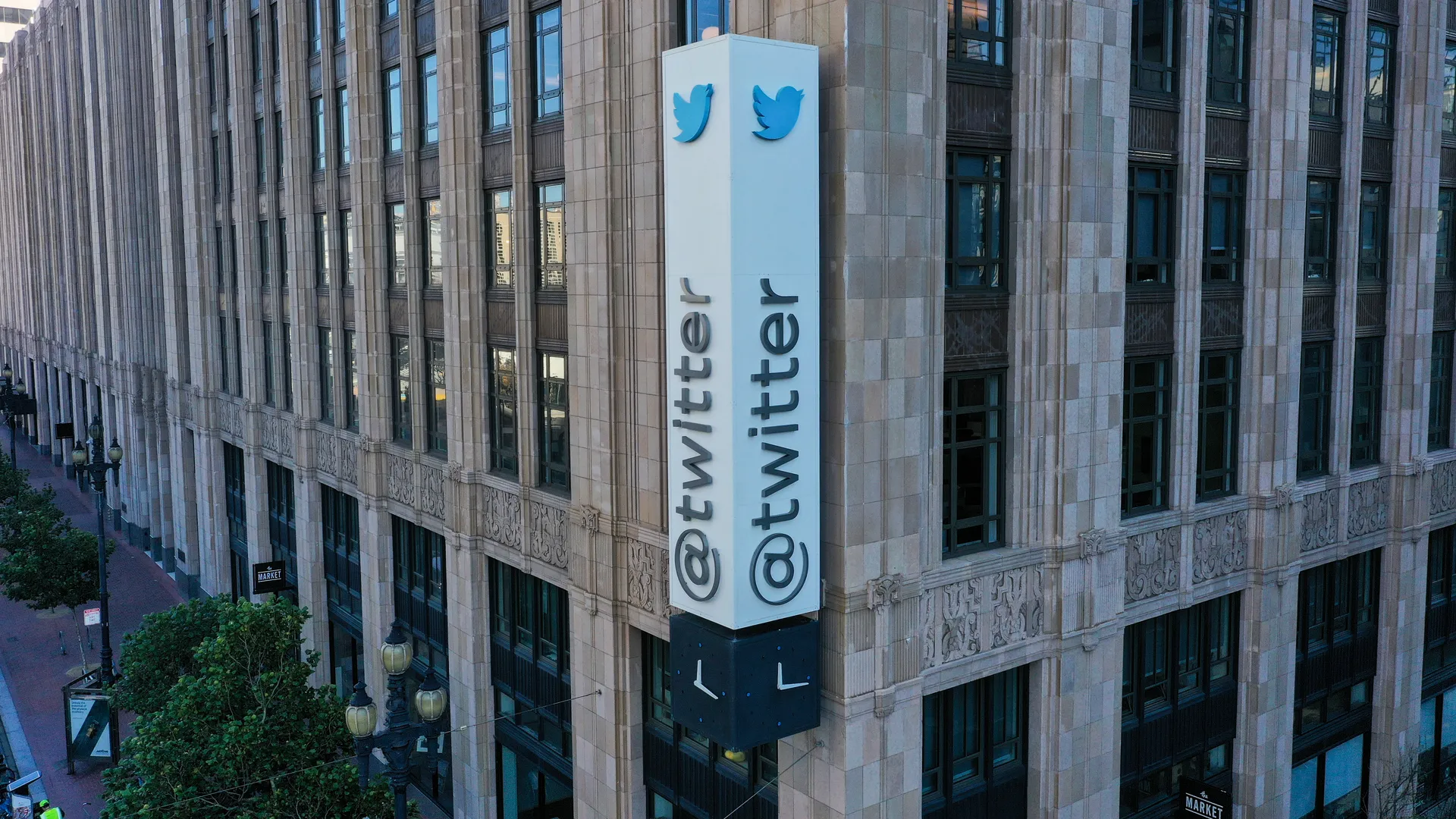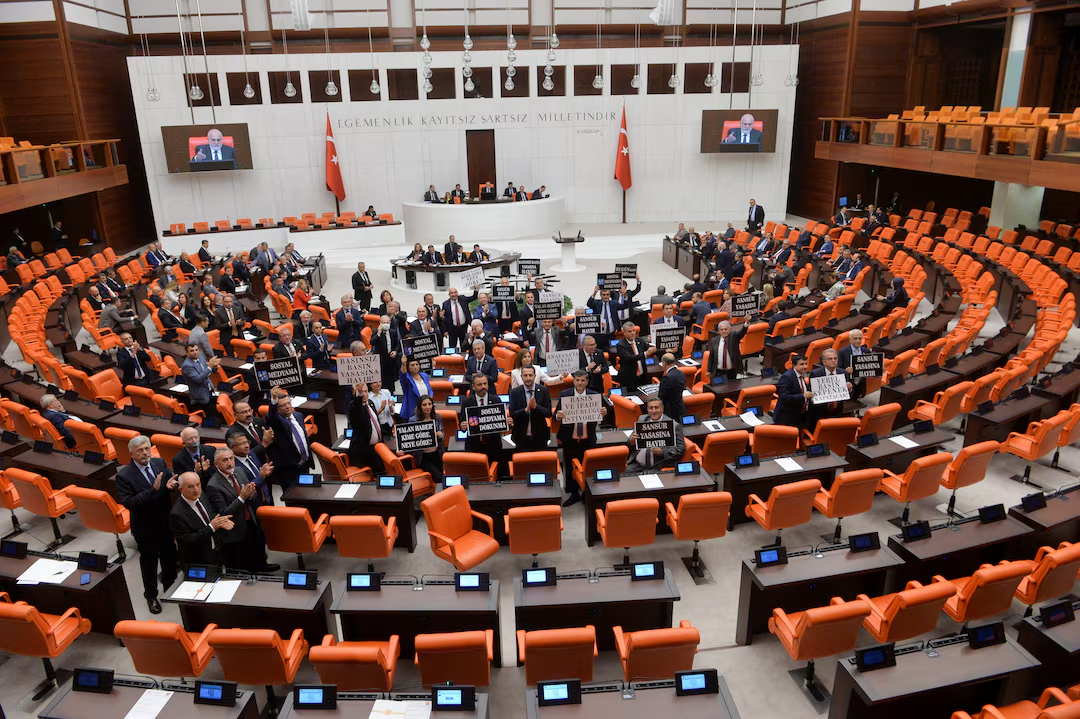The digital landscape is not merely a tool for connection; it has morphed into a battleground for our very democracy. Social media platforms like Facebook and Twitter are weaponized by populists, transforming civic engagement into a minefield of disinformation and hate. This alarming trend is hijacking the essence of democratic discourse and suffocating marginalized voices in the process.
Populism Turns Social Media into a Political Weapon
As reported by University of Chicago, the rise of social media has provided an unmediated channel for populist politicians to connect directly with their followers. This direct line, while seemingly democratic, has allowed for the proliferation of conspiracy theories, hate speech, and outright lies. This unregulated space is not just a platform for free expression; it has become a playground for those aiming to dismantle the very fabric of democratic values.
Disinformation Campaigns Target the Vulnerable
The implications of this shift are severe. According to a study published in PMC, social networks are altering civic engagement in ways that predominantly impact marginalized communities. Disinformation campaigns are not just abstract concepts; they are targeted attacks designed to confuse and disenfranchise. The rise of fake news has real-world consequences—voter suppression, misinformation about health policies, and the erosion of trust in legitimate institutions.
\n\n
For sale: Twitter furniture and espresso makers - Axios San ...
Legal Challenges and the First Amendment
The debate around regulation is fraught with tension. The First Amendment, as noted in the Congressional Research Service, protects the right to create and circulate content online. However, this blanket protection poses a challenge in the face of rising hate speech and domestic extremism. The Supreme Court"s handling of cases like Elonis v. U.S. illustrates the complexity of prosecuting threats in a rapidly evolving digital context. The court must balance free speech with the urgent need to protect citizens from incitements to violence.
Social Media"s Role in Amplifying Hate
Despite the potential for diverse narratives, social media has increasingly become a cesspool of hateful expression, as discussed by experts in a Kentucky University roundtable. This amplification of hate is not accidental; it is the result of algorithms designed to maximize engagement, often at the cost of civility. In this environment, marginalized voices are drowned out, while harmful rhetoric gains traction, creating a dangerous cycle that further alienates vulnerable communities.
\n\n
Turkey"s strict new press and social media "disinformation" law | Reuters
Calls for Regulation Spark Controversy
The question of whether to regulate these platforms remains contentious. Critics argue that any attempt to regulate speech will infringe on free expression, as noted in a Brookings Institution article. However, without some form of oversight, the unchecked spread of harmful content poses a legitimate threat to democratic discourse. As the landscape continues to evolve, the urgency for a regulatory framework that prioritizes social justice and public safety becomes increasingly clear.
As we navigate this precarious terrain, it is vital to recognize that social media is a double-edged sword. It has the potential to empower marginalized communities, but it can just as easily be used to silence them. The stakes have never been higher, and unless we confront these challenges head-on, we risk losing the very essence of democracy itself.

![[Video] Anti-ICE Protester Pepper Sprayed as CBP Agents Disperse Crowd in Minneapolis](/_next/image?url=%2Fapi%2Fimage%2Fthumbnails%2Fthumbnail-1768260677127-y71sb7-thumbnail.jpg&w=3840&q=75)

![[Video] Several injured as U-Haul truck drives through Iranian protestors in Los Angeles](/_next/image?url=%2Fapi%2Fimage%2Fthumbnails%2Fthumbnail-1768176682028-q95y6j-thumbnail.jpg&w=3840&q=75)
![[Video] Scuffle breaks out between Trump supporters and Anti-ICE protesters in Times Square](/_next/image?url=%2Fapi%2Fimage%2Fthumbnails%2Fthumbnail-1768165958203-hgcgb-thumbnail.jpg&w=3840&q=75)


![[Video] Gunfire between Iraqi security forces and Sadr militias in Baghdad](/_next/image?url=%2Fapi%2Fimage%2Fthumbnails%2Fthumbnail-1768343508874-4redb-thumbnail.jpg&w=3840&q=75)
